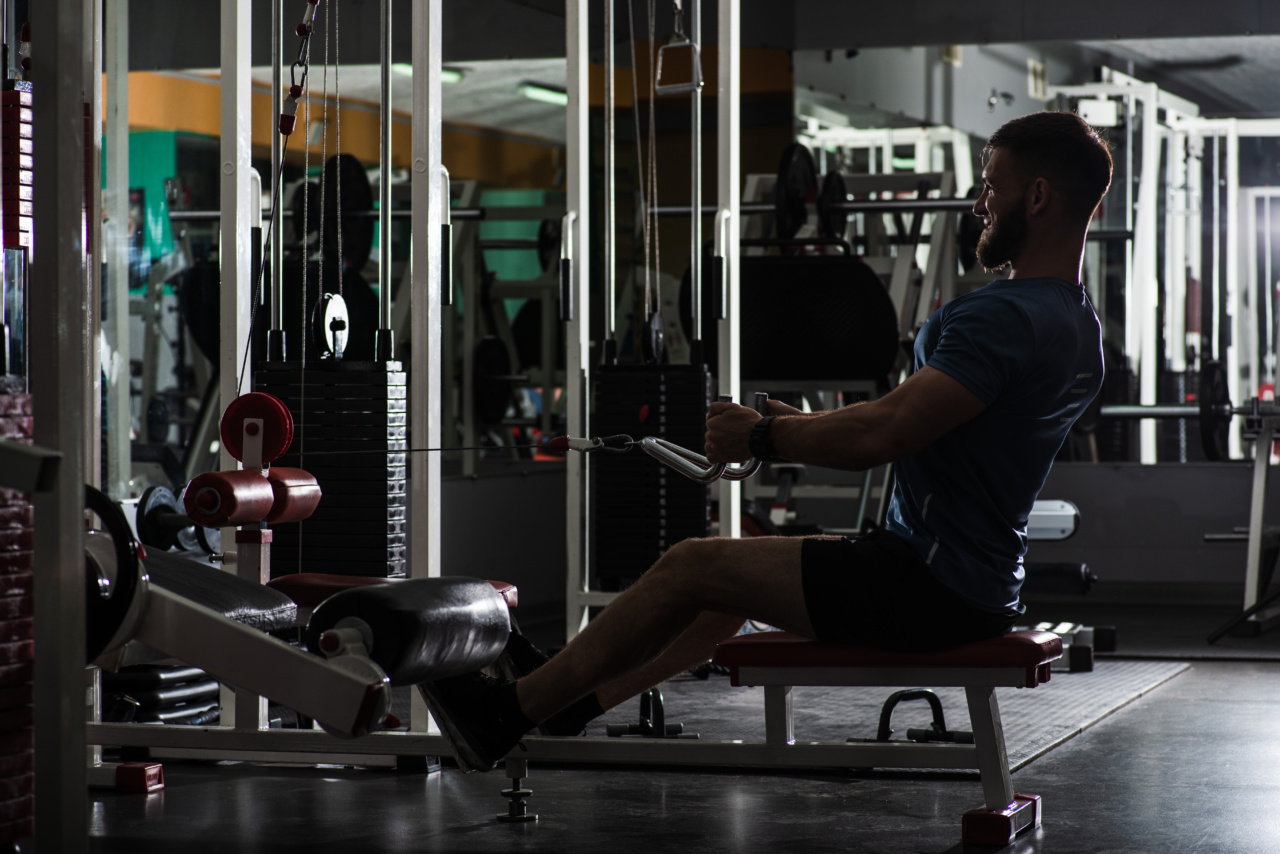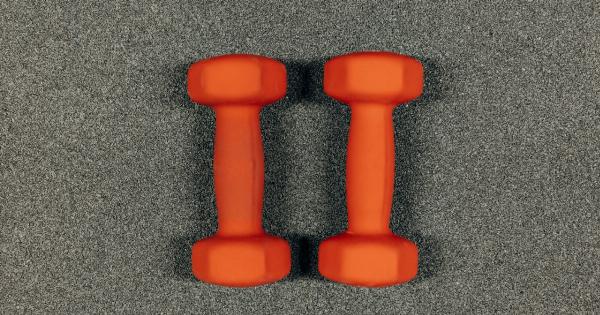When it comes to weight loss, sweating is often seen as a sign of progress. Many people believe that the more they sweat during a workout, the more calories they are burning and the more weight they will lose.
However, the truth about intense sweating and losing weight is more complex than that.
What causes sweating?
Sweating is the body’s natural response to regulate its temperature. When your body heats up, either due to physical exertion, hot weather, or other factors, the sweat glands release perspiration to cool your skin down.
This process is controlled by your autonomic nervous system and is essential for maintaining your body’s internal temperature.
Does sweating help you lose weight?
While sweating can make you feel like you are losing weight, it is not an accurate indicator of fat loss. When you sweat excessively, you are primarily losing water weight, which can be quickly replenished by rehydrating your body.
Sweating alone does not burn a significant number of calories or directly lead to weight loss. The calories burned during exercise come from the energy your body uses to perform the physical activity, not from sweating itself.
However, some specific types of exercise can lead to increased sweating and potentially contribute to weight loss in combination with a calorie deficit.
The role of intensity and duration in weight loss
Intense workouts that get your heart rate up and make you sweat can be an effective way to burn calories and promote weight loss.
High-intensity interval training (HIIT) and vigorous aerobic exercises like running, cycling, or kickboxing can increase your metabolism and lead to significant calorie burn both during and after the workout.
The duration of your exercise sessions also plays a crucial role in weight loss.
Longer workouts, especially when combined with high-intensity exercises, can burn more calories and potentially lead to a calorie deficit, which is necessary for shedding pounds. However, it’s important to note that weight loss is also influenced by other factors such as diet and overall lifestyle.
The importance of hydration
While intense sweating may not directly contribute to weight loss, it is essential to stay properly hydrated during physical activity. Sweating causes fluid loss, and dehydration can negatively impact your performance and overall health.
It is important to drink enough water before, during, and after exercise to replace the lost fluids and maintain optimal hydration levels.
Managing the risks of excessive sweating
Excessive sweating, known as hyperhidrosis, can occur due to various medical conditions or certain medications. While sweating is a normal bodily function, excessive and unpredictable sweating can be disruptive and uncomfortable for some individuals.
If you experience persistent and excessive sweating, it’s advisable to consult a healthcare professional for further evaluation and management options.
Moreover, it’s crucial to be aware of the signs of heat exhaustion or heatstroke when engaging in intense workouts or exercising in hot environments.
Symptoms such as dizziness, nausea, rapid heartbeat, or cessation of sweating can indicate a medical emergency, and immediate medical attention should be sought.
Benefits of sweating beyond weight loss
Although sweating may not directly result in weight loss, it offers other benefits for the body. Sweating helps to cleanse the skin by opening up the pores, which can contribute to a clearer complexion.
It also aids in the removal of toxins from the body, promoting overall detoxification. Additionally, sweating can help reduce stress and improve mood by boosting endorphin levels.
Tips for maximizing your workouts
If you’re looking to optimize your workouts and potentially promote weight loss, here are some tips to consider:.
- Incorporate a combination of aerobic exercises, strength training, and high-intensity interval training (HIIT) into your fitness routine.
- Gradually increase the intensity and duration of your workouts to challenge your body and burn more calories.
- Maintain proper hydration by drinking water before, during, and after exercise.
- Follow a balanced and nutritious diet that supports your fitness goals.
- Get adequate rest and recovery to allow your body to heal and replenish.
- Listen to your body and adjust your workouts as needed to avoid overexertion or injury.
The bottom line
Sweating is a natural bodily response that helps regulate body temperature.
While sweating itself does not directly result in weight loss, intense workouts that induce sweat can contribute to calorie burn and potentially lead to weight loss when combined with a calorie deficit. However, weight loss is a multifactorial process that involves various lifestyle factors, including diet and exercise.
Remember to stay hydrated, listen to your body, and consult a healthcare professional if you have any concerns regarding excessive sweating or weight loss.
























